Misha Sukyas, an Italian chef of Armenian descent, is very famous for his avant-garde food. He loves to mix various flavors and create dishes without nationality. In Milan, Misha is a host of the TV program "Comfort Food" on Food Network Italia TV channel, and he has been lecturing for 7 years at Food Genius Academy. Recently he published his first recipe book, "Sano come un pesce, godo come un riccio".
Image by: own archive
Misha was born in Milan. He has worked and lived in Thailand, Indonesia, India, Australia, the USA, South America, Europe, Africa and finally settled in Milan. GastroVino has talked with Misha Sukyas about his Armenian roots, Armenian and Italian cuisines, and his unique avant-garde style.
Basturma, Manti and adaptation
My father was one of the biggest wine collectors in Sothern California, he has always been a food connoisseur, a gourmet. As soon as I was able to chew, my father fed me the Basturma.
As for the Armenian cuisine, I did eat a lot of it, because logically my father implemented his flavors in the house, which gave me a very big distance on my Italian colleagues because I have spices in my veins and they don’t. For example, we use sumac for the Manti, in Italy they produce sumac but they consider it a bush, they don’t use it as a spice. The ones they collect, they sell it to the Middle East. It is something that they have in their roots, but they are just not used to seeing it. I believe that part of the Armenian culture is also based on adaptation, because of what happened in the past, I believe we should try to see that our roots are based all over the world, as we speak, and in order to exploit them as best, we must know it.
About Armenian roots
My father was born in Yerevan, he emigrated from Armenia with my grandfather and lived in different countries. In Italy, he married an Italian woman. I have never been to Armenia, but my sister visits Armenia quite often on business. I have not gotten a vacation yet. I am planning to visit Armenia because I keep hearing very wonderful things about Armenia.
Misha Sukyas | Image by: own archive
I speak 5 languages, but I do not speak Armenian. I am dyslexic, I could only learn Armenian in the afternoon school, but I was already having problems in the morning school. All the other languages I learnt phonetically. Not having one that spoke constantly Armenian in my house, I have never learnt Armenian. It is very well-known in Italy that I am Armenian, with the last name I have, it is obvious that I am not Italian.
In the future, I would love to cooperate with Armenians and I would not put any limits on what kind of cooperation it could be. Cooperation is the keyword, I believe in this world we should all work together.
The long flavor of Armenian food
I am in love with all of Armenian dishes. I love the freshness (fresh flavors) and spiciness that Armenian food, the food of the region has. It is very deep, it is very long in flavor, so when you eat something, it is gone after a minute, but when you eat Armenian food, it is very, very long in the flavor.
Misha Sukyas | Image by: own archive
I also try to present Armenian dishes in other countries. I make Manti for Italians and they are very happy about it. I make Musaka (Turks put eggs on it, Armenians and Greeks put yogurt), it is very spicy, fresh, I also make dumplings that I fry with them, and you have this Asian-Armenian dish, which is very elegant.
Style without nationality
My style is more into avant-garde, I don’t see my food having a nationality, it is a mix of everything.
I had the possibility through the job of my father, the thirst that he has for the knowledge to travel a lot and be a very curious person. It became very easy for me to keep moving forward and never look back in this industry. I traveled the world, I tasted various smells and various flavors, until I put them all together and I made my own code. The problem was that in the beginning the code was not understood, my excuse for myself was if people understand the code, it is not avant-garde (laughing- GastroVino).
Image by: Matteo Gastel
We have to deliver avant-garde product that is readable and understandable by our customer, otherwise it does not make any sense, it is like I would be the only one in the world that speaks in certain language and complains that the others don’t understand. So I developed a better code, something more readable, less aggressive, and slowly it became something that people wanted to follow, learn.
Image by: Matteo Gastel
Breaking comfort zones and including insects
I am very worldwide in what I do, I do not only use Italian ingredients. Besides, I include insects in some of my dishes. Entomology is the future of culinary, because very soon we won’t be able to eat any more fish or meat. Insects are going to be the only things that we will be able to eat. This is something we have to start looking at whether we like it or not.
Image by: Matteo Gastel
I am a walking avant-garde, that is what differentiates me from the rest. I like to trick people, so I cook for them the main course which looks like a dessert, I like their starter to look like the course that we eat at the end of the dinner. Basically, I like to play with people’s comfort zone.
Food is food and good is good in all languages!
We have different products in the world, but what the human being does with these products is a cycle that goes on and on. We repeat the same things from East to West.
Food is food and good is in all languages good. When neighbor countries start arguing this dish is mine, that is yours, it is absurd. I have traveled a lot, I have seen richness, poverty, the only thing that I have always understood is that we are really all the same when it comes down to the real life. When we start talking about such absurd talks, that is where the problems start. In Italy, we have the same thing, at least you argue between the countries, here we argue between neighborhoods.
Misha Sukyas | Image by: own archive
In the world of globalization, we build such walls and barriers that have no meaning, while we have to build bridges between countries in order to travel faster and communicate better.
Amalie Khachatryan



 ×
×
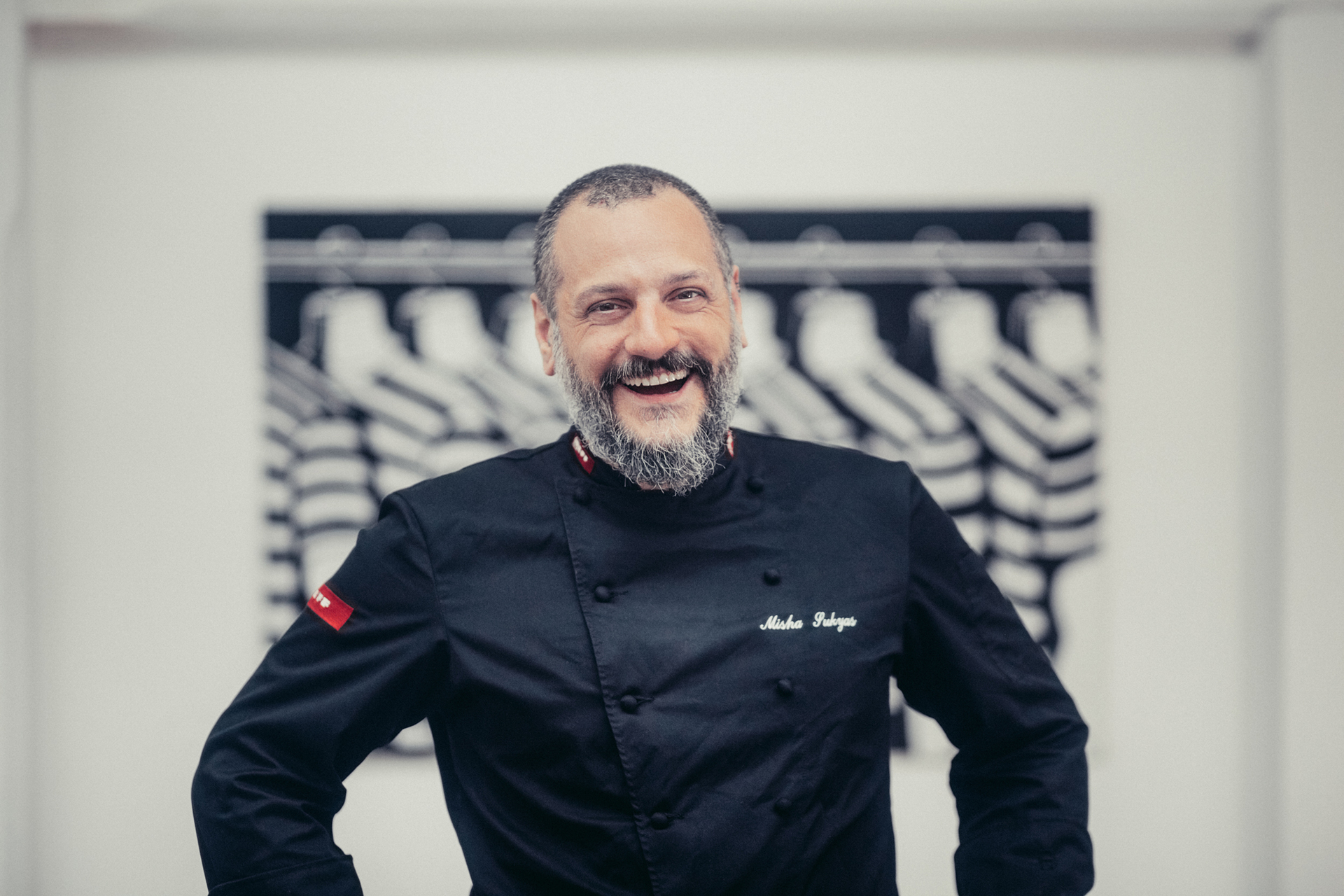

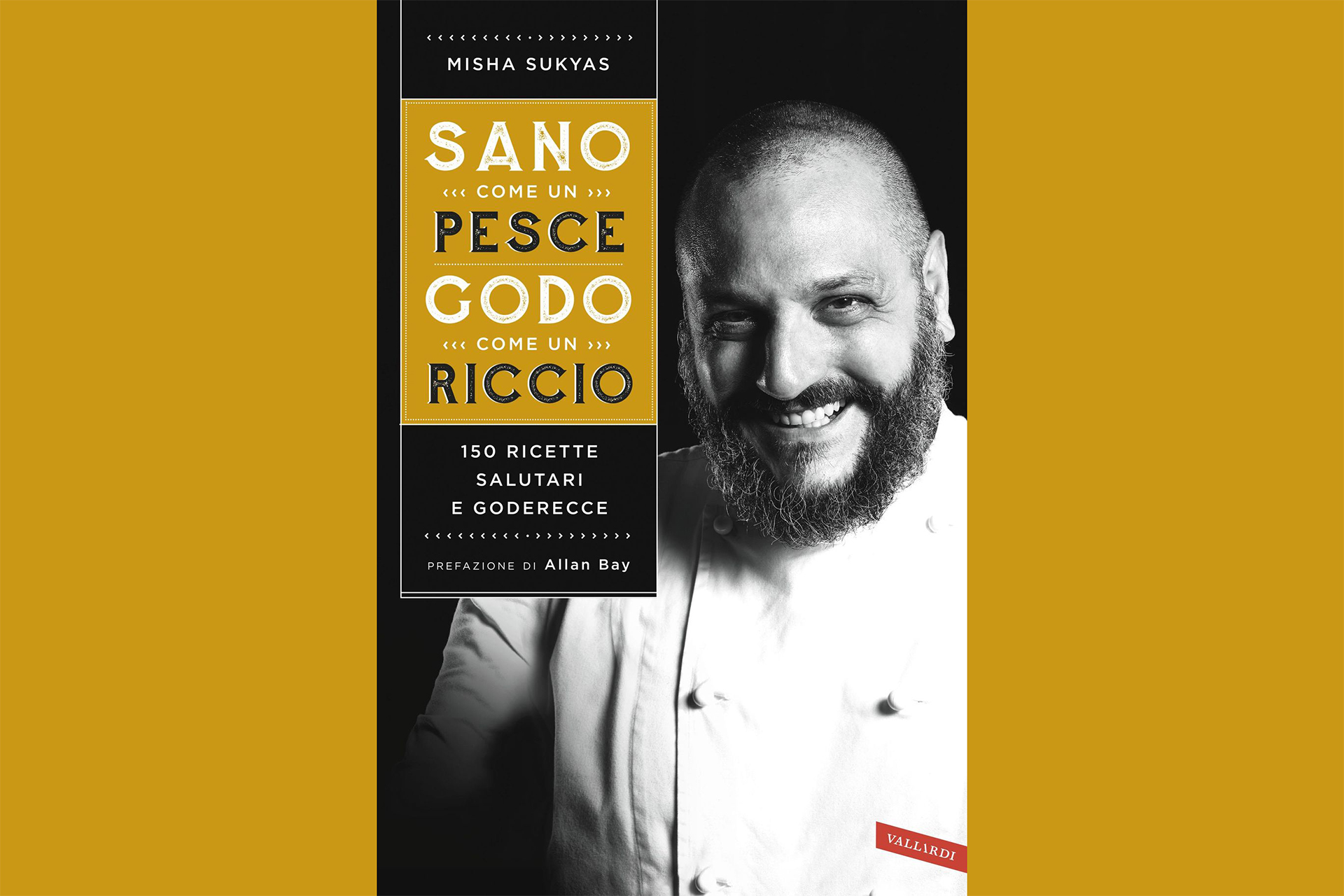
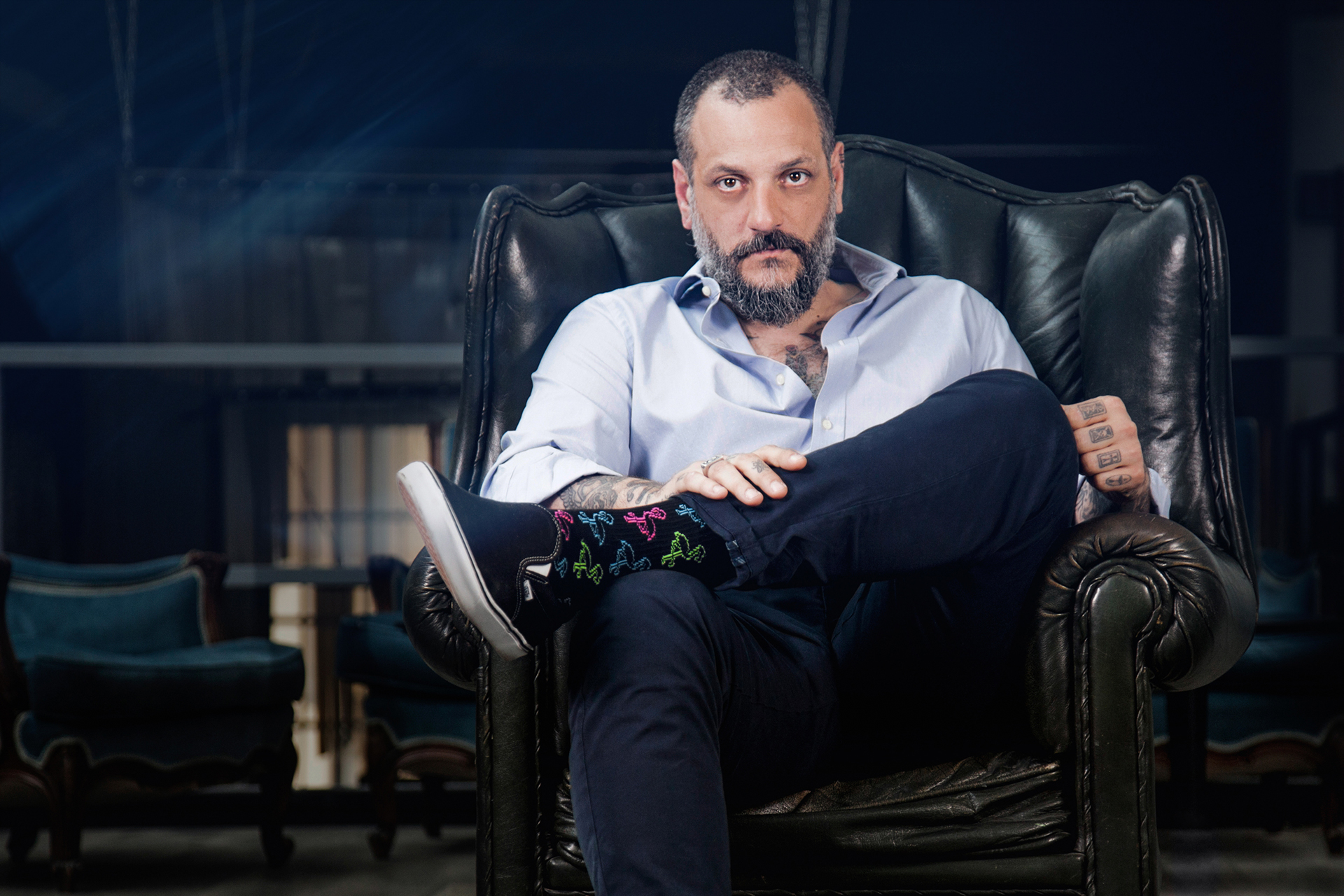
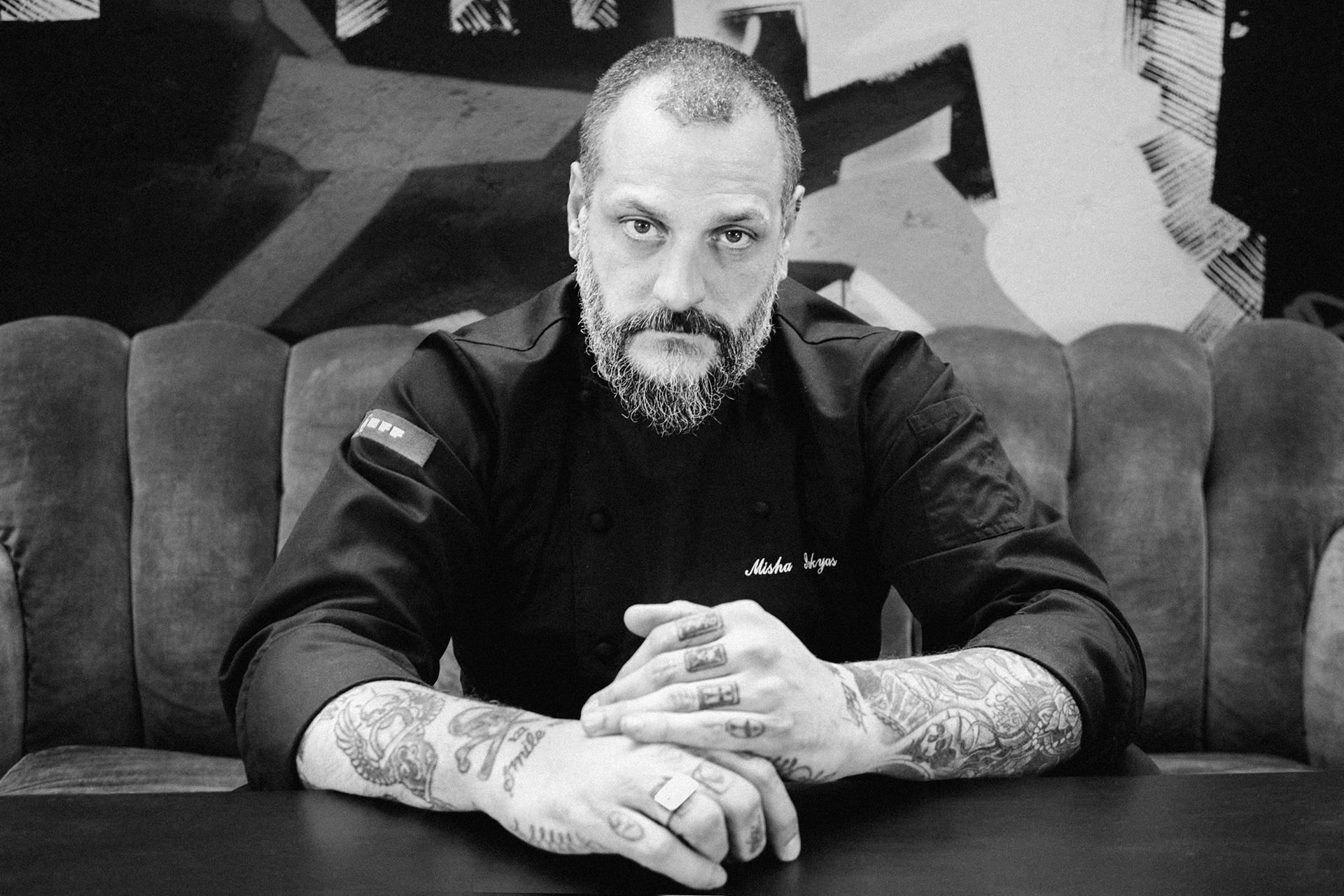
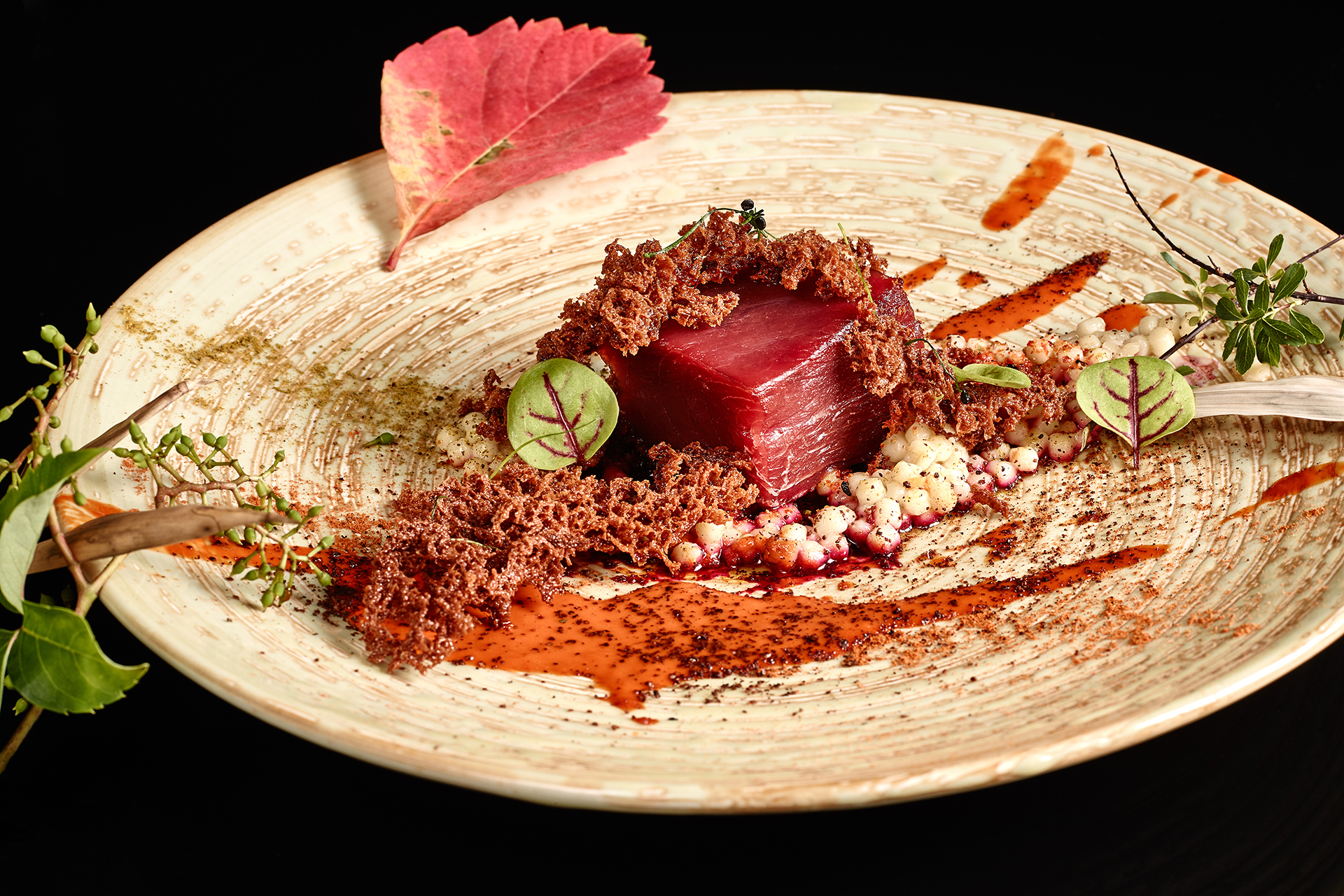
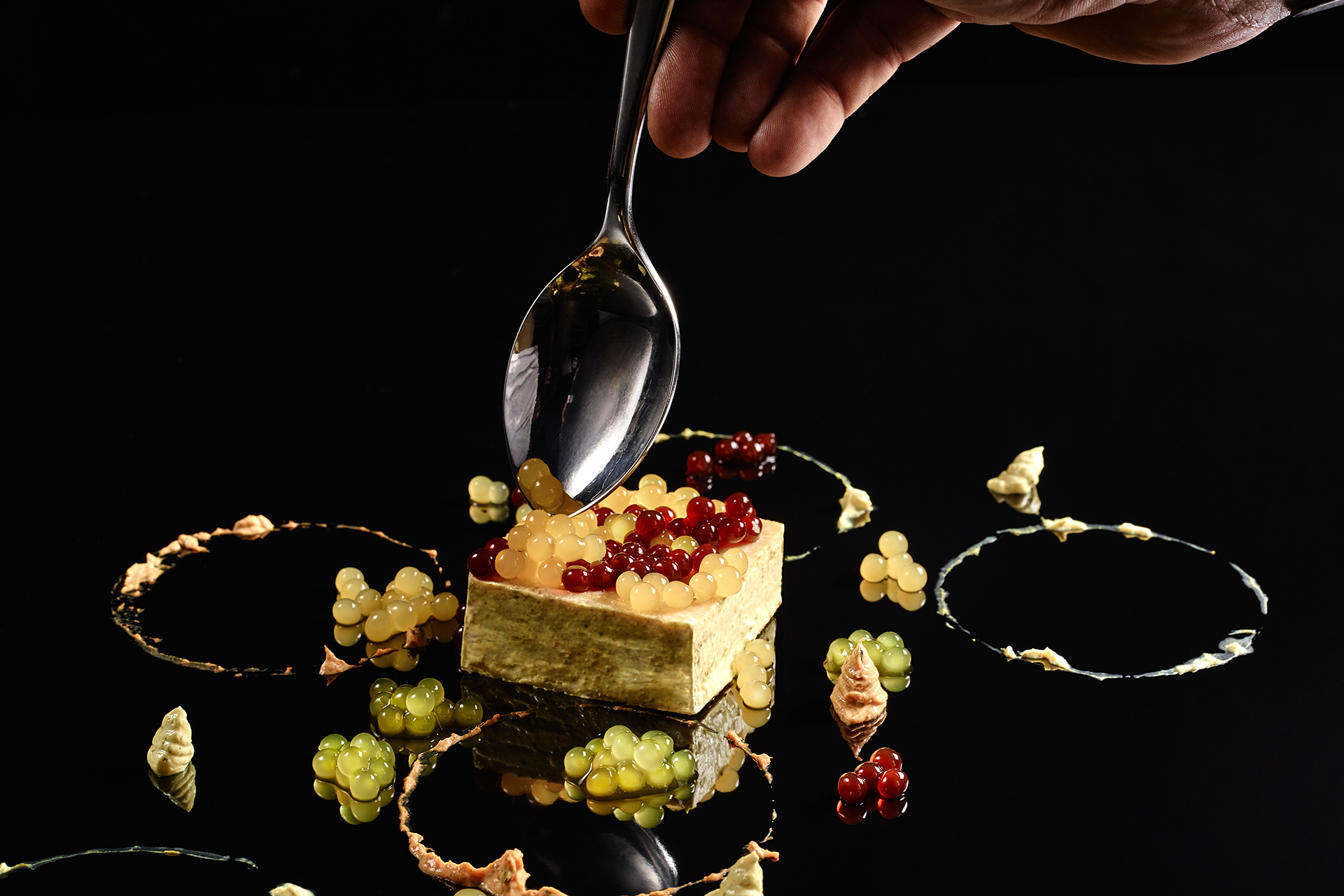
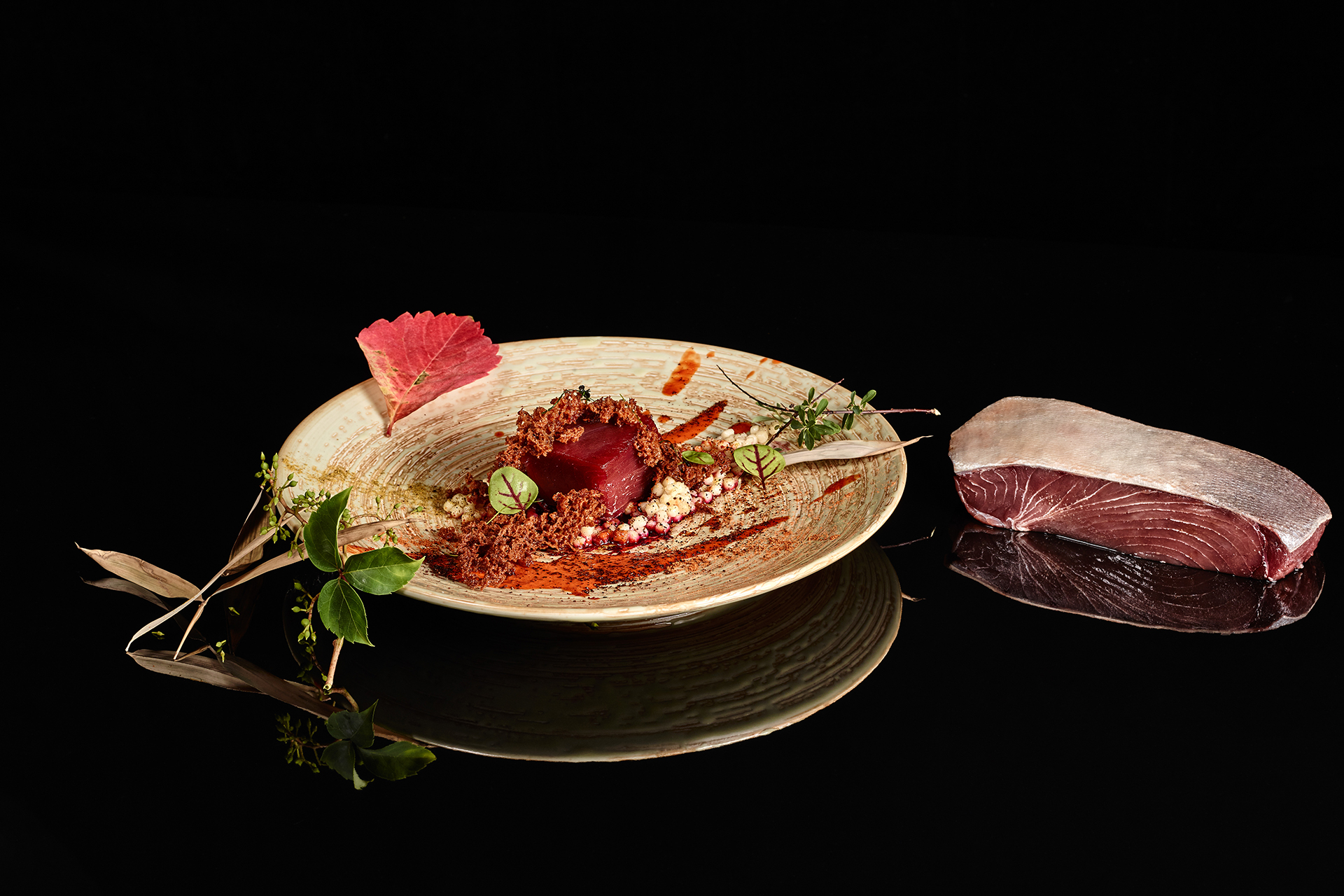
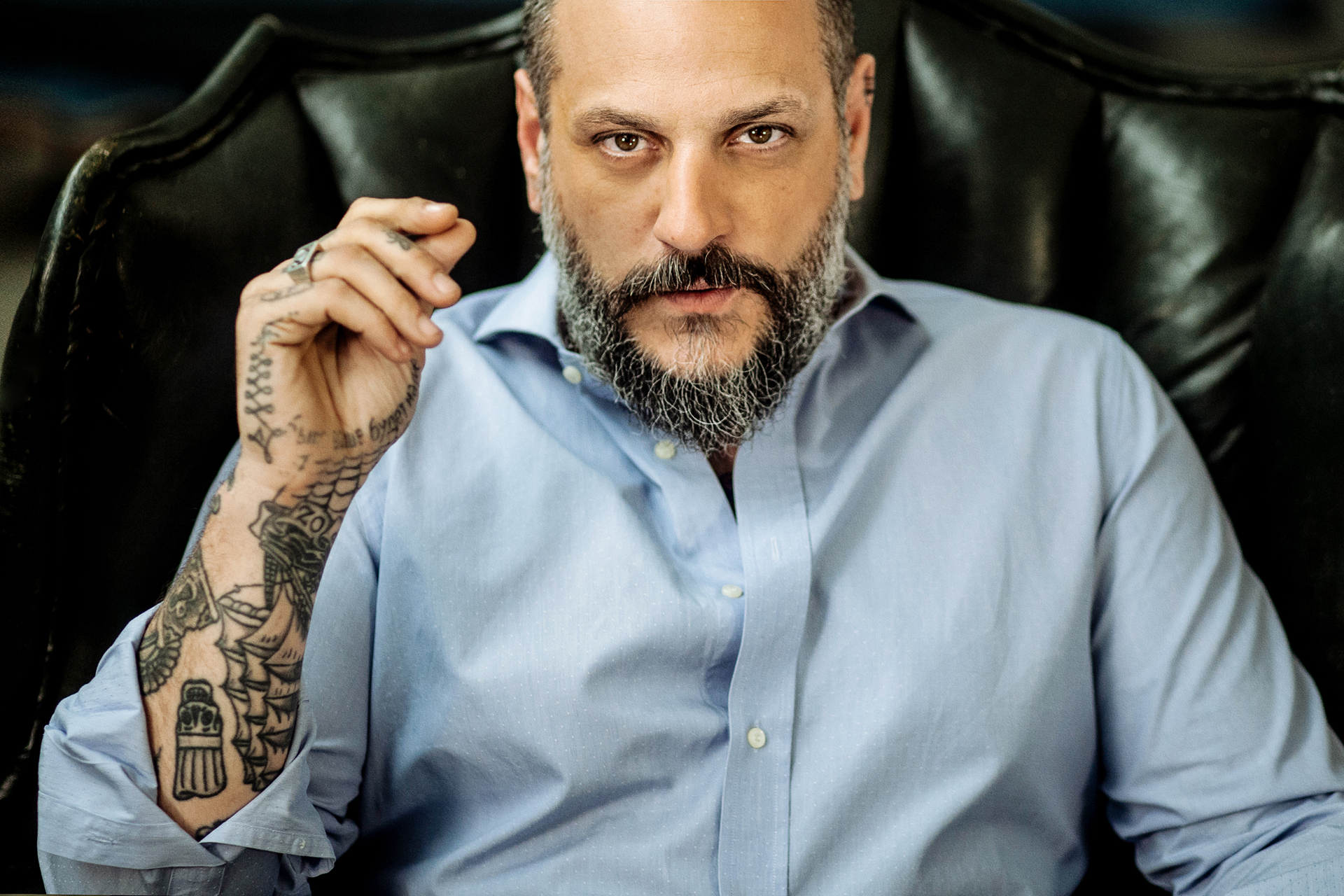




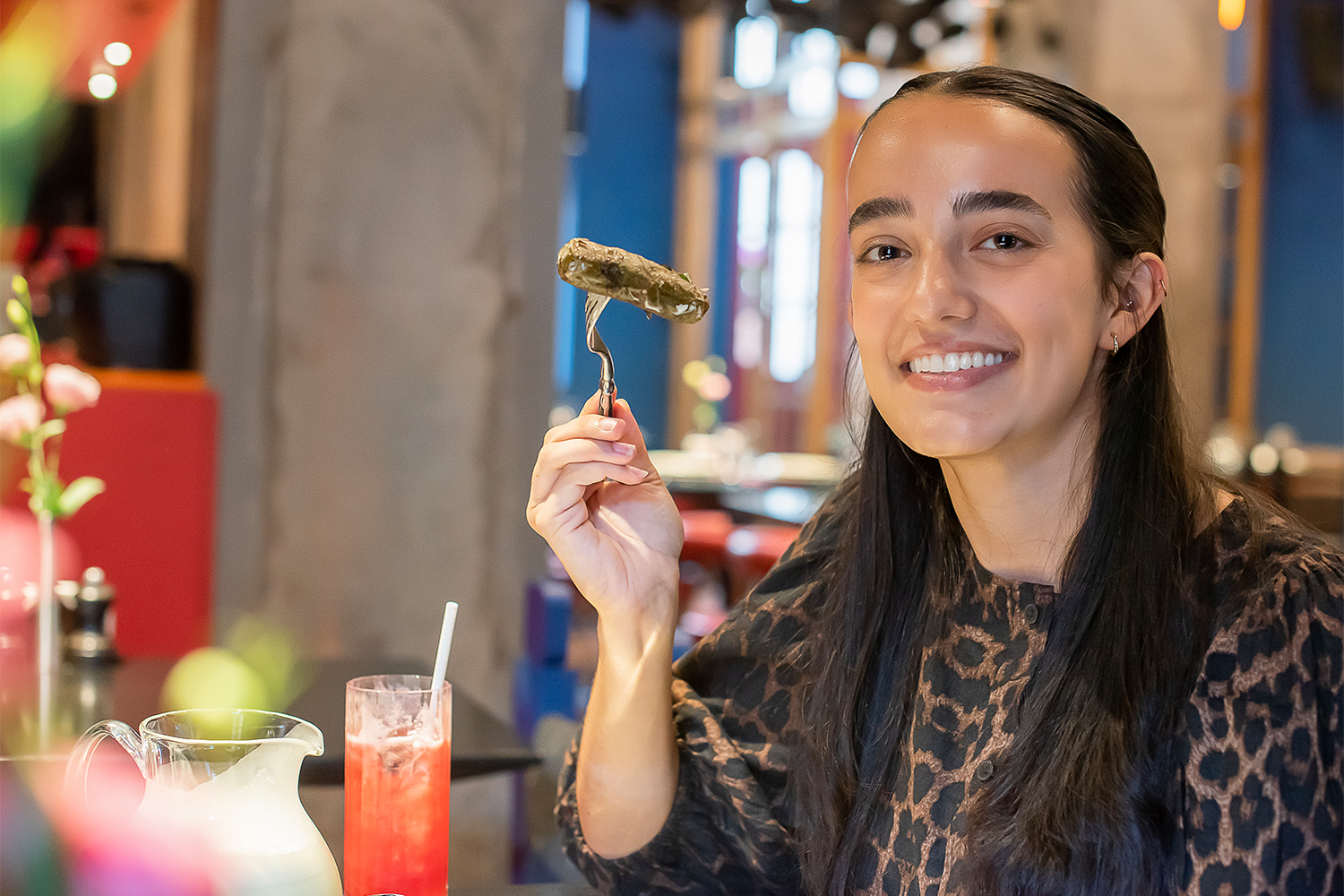
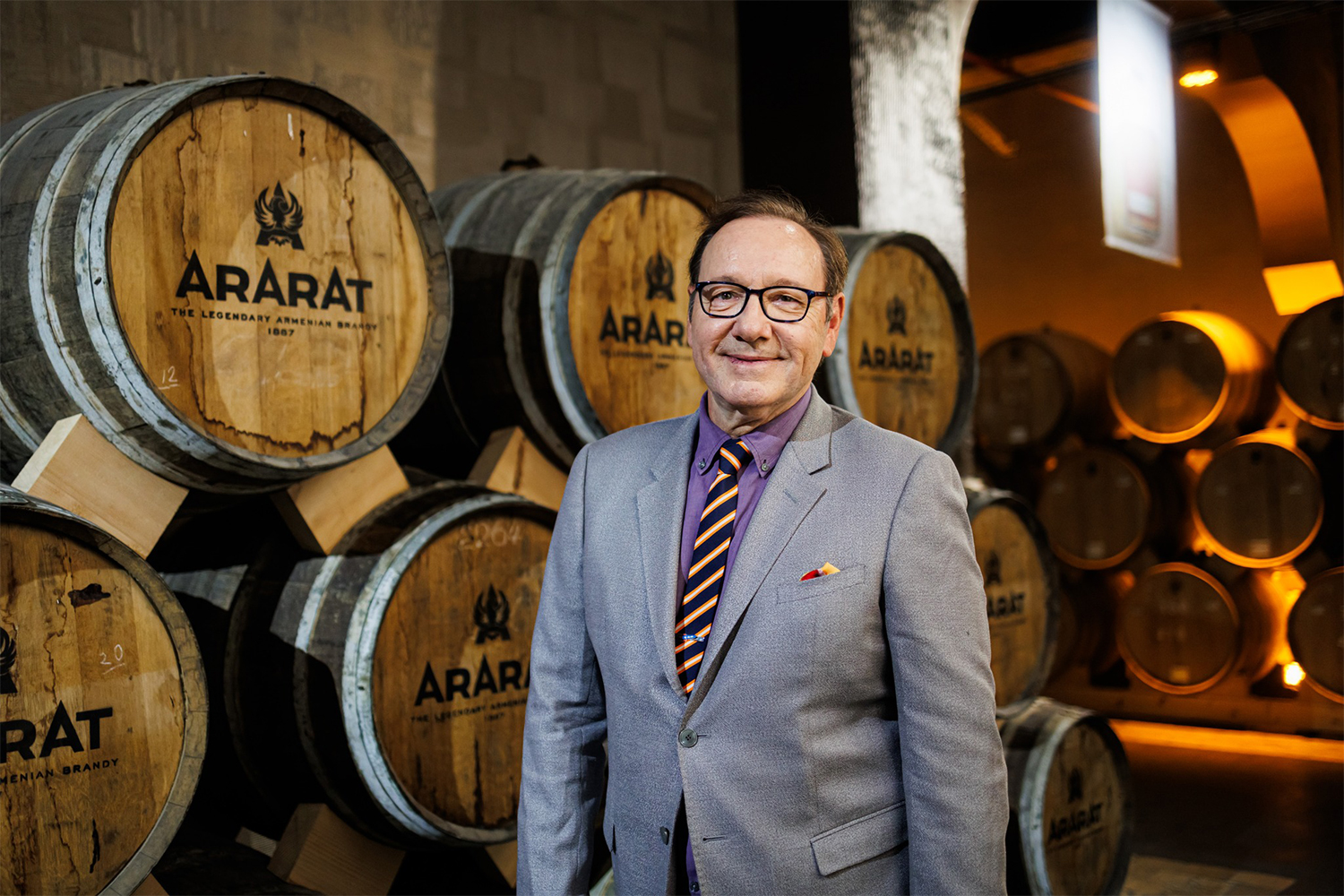


Comments
Dear visitors, You can place your opinion on the material using your Facebook account. Please, be polite and follow our simple rules: you are not allowed to make off - topic comments, place advertisements, use abusive and filthy language. The editorial staff reserves the right to moderate and delete comments in case of breach of the rules.